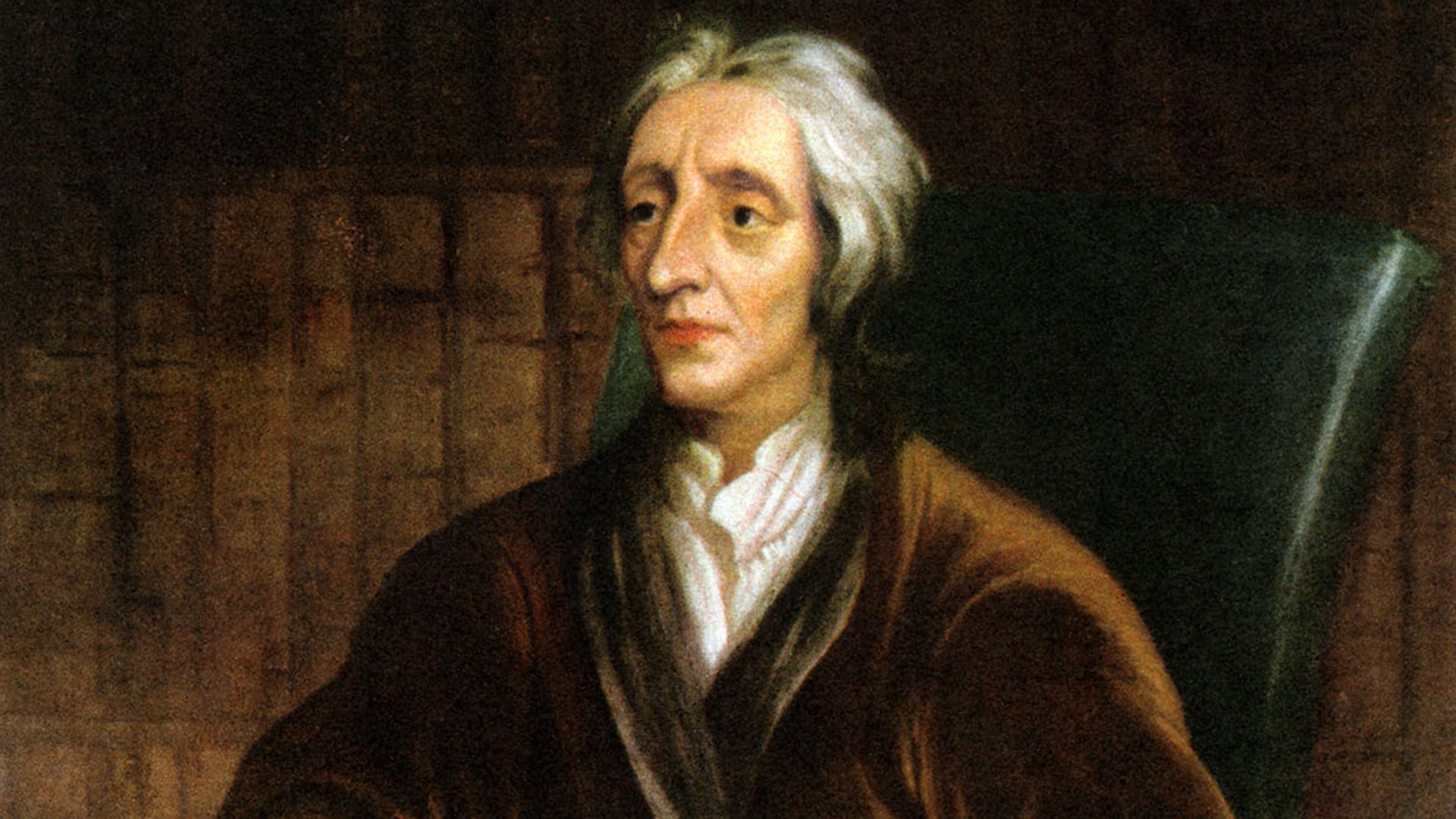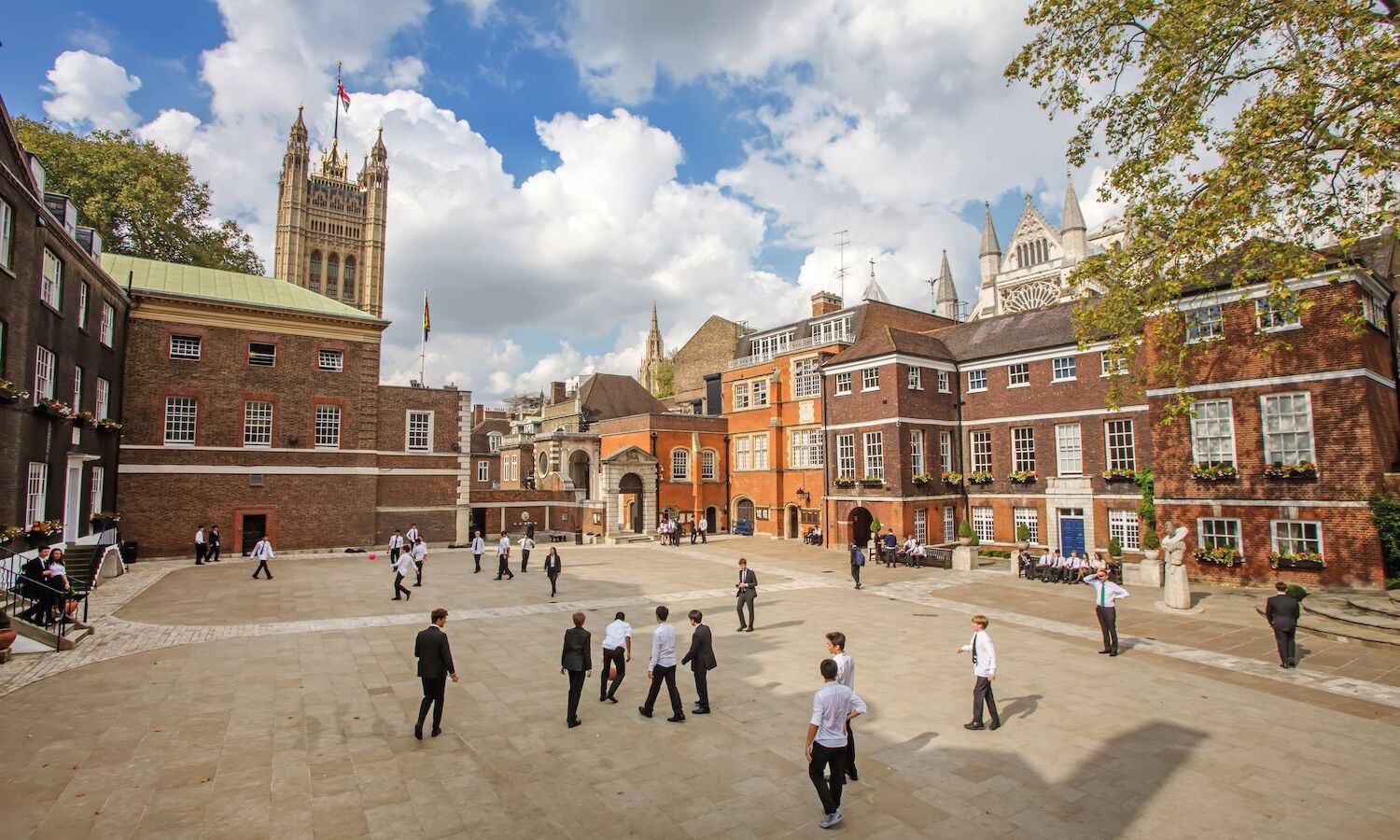
John Locke is a prominent figure in the history of philosophy and political theory. His ideas and influence continue to shape modern thinking in various fields. From his groundbreaking beliefs on individual liberty and the social contract theory to his views on the human mind and knowledge acquisition, Locke’s impact is undeniable. In this article, we delve into 11 mind-blowing facts about John Locke that shed light on his life, philosophy, and lasting legacy. Whether you are an avid reader of philosophy or just curious to learn more about one of history’s most influential thinkers, you are in for a treat. So, fasten your seatbelts and get ready to embark on a fascinating journey into the world of John Locke.
Key Takeaways:
- John Locke, the father of liberalism, believed in individual freedom and influenced the United States Constitution with his ideas on limited government and separation of powers.
- Locke’s theory of property and advocacy for religious tolerance shaped modern capitalism and the concept of freedom of religion, inspiring the American Revolution and shaping modern political thought.
John Locke is considered the father of liberalism.
John Locke, an influential philosopher of the 17th century, is widely regarded as the father of liberalism. His ideas on individual liberty, government, and natural rights laid the foundation for many democratic societies.
Locke’s famous work is “Two Treatises of Government”.
Two Treatises of Government” is a renowned political text written by John Locke. It explores the concepts of social contract, natural rights, and limited government, which had a significant impact on political philosophy.
He believed in the idea of a blank slate, or tabula rasa.
Locke proposed the theory that individuals are born with a blank slate, or tabula rasa, and that their experiences shape their personalities and understanding of the world. This concept has had a profound influence on psychology and education.
Locke’s advocacy for religious tolerance was groundbreaking.
One of Locke’s most significant contributions was his advocacy for religious tolerance. He argued that individuals should have the freedom to practice any religion they choose, and that the government should not interfere in matters of faith.
His ideas on government influenced the drafting of the United States Constitution.
Locke’s theories on limited government, separation of powers, and the protection of individual rights had a profound impact on the framers of the United States Constitution. His ideas can be seen in the structure and principles of the American government.
Locke’s philosophy heavily influenced the Enlightenment era.
Locke’s ideas on reason, tolerance, and individualism greatly contributed to the intellectual movement known as the Enlightenment. His philosophy influenced other prominent thinkers of the time, such as Voltaire and Rousseau.
He played a key role in the development of modern empirical science.
Locke’s emphasis on observation, experimentation, and evidence-based reasoning paved the way for the development of modern empirical science. His ideas influenced scientists and philosophers, including Isaac Newton.
Locke believed in the separation of church and state.
Locke argued that the church and state should be separate entities, as the government should focus on protecting people’s rights and ensuring social order, while religious matters should be left to individual conscience and belief.
His theory of property laid the groundwork for capitalism.
Locke’s theory of property, which stated that individuals have the right to own and accumulate private property through their labor, had a significant influence on the development of capitalism and the idea of individual economic freedom.
Locke’s ideas inspired the American Revolution.
Locke’s writings on natural rights and the social contract were highly influential during the American Revolution. His concepts of individual liberty and the right to rebel against unjust governments resonated with the American colonists seeking independence.
His work shaped modern political thought.
John Locke’s contributions to political philosophy and his ideas on individual rights, limited government, and the social contract continue to shape modern political thought. His influence can be seen in democratic societies around the world.
Conclusion
John Locke was an influential figure in philosophy and political theory, and his ideas continue to shape our understanding of government, individual rights, and human nature. Throughout history, Locke’s theories have sparked debates and discussions, making him a significant figure in Western intellectual tradition.
Locke’s belief in natural rights, the social contract, and the separation of powers have had a profound impact on democratic societies. His ideas have influenced the development of modern constitutional systems and the concept of individual liberty. Moreover, Locke’s emphasis on the importance of reason and tolerance has contributed to the foundations of modern liberal thought.
Understanding the life and ideas of John Locke not only gives us insights into the historical context but also helps us analyze and critique contemporary political and social issues. Whether it’s exploring the relationship between a government and its citizens or discussing the ethical foundations of human rights, Locke’s ideas offer valuable perspectives and continue to be relevant in today’s world.
FAQs
1. Who was John Locke?
John Locke was an English philosopher and political theorist who lived in the 17th century. He is known for his major works such as “Two Treatises of Government” and “An Essay Concerning Human Understanding.
2. What were John Locke’s main contributions?
Locke’s main contributions were in the fields of political philosophy and epistemology. His theories on natural rights, the social contract, and the separation of powers have been highly influential in shaping modern democratic societies.
3. How did John Locke’s ideas impact the world?
Locke’s ideas had a profound impact on the development of liberal democracy, individual rights, and constitutional government. His emphasis on reason, tolerance, and the inherent rights of individuals laid the groundwork for modern political and philosophical thought.
4. What is Locke’s theory of natural rights?
Locke argued that individuals have inherent and inalienable natural rights such as life, liberty, and property. These rights cannot be taken away by any government or authority and serve as the baseline for individual freedom and autonomy.
5. How did John Locke’s ideas influence the American Revolution?
Locke’s theories on natural rights and the social contract heavily influenced the founding fathers of the United States. Concepts such as “life, liberty, and the pursuit of happiness” found in the Declaration of Independence can be traced back to Locke’s ideas.
6. Are John Locke’s ideas still relevant today?
Absolutely! Locke’s ideas of limited government, individual rights, and the importance of reason are still highly relevant in contemporary discussions on politics, human rights, and social justice.
Was this page helpful?
Our commitment to delivering trustworthy and engaging content is at the heart of what we do. Each fact on our site is contributed by real users like you, bringing a wealth of diverse insights and information. To ensure the highest standards of accuracy and reliability, our dedicated editors meticulously review each submission. This process guarantees that the facts we share are not only fascinating but also credible. Trust in our commitment to quality and authenticity as you explore and learn with us.


